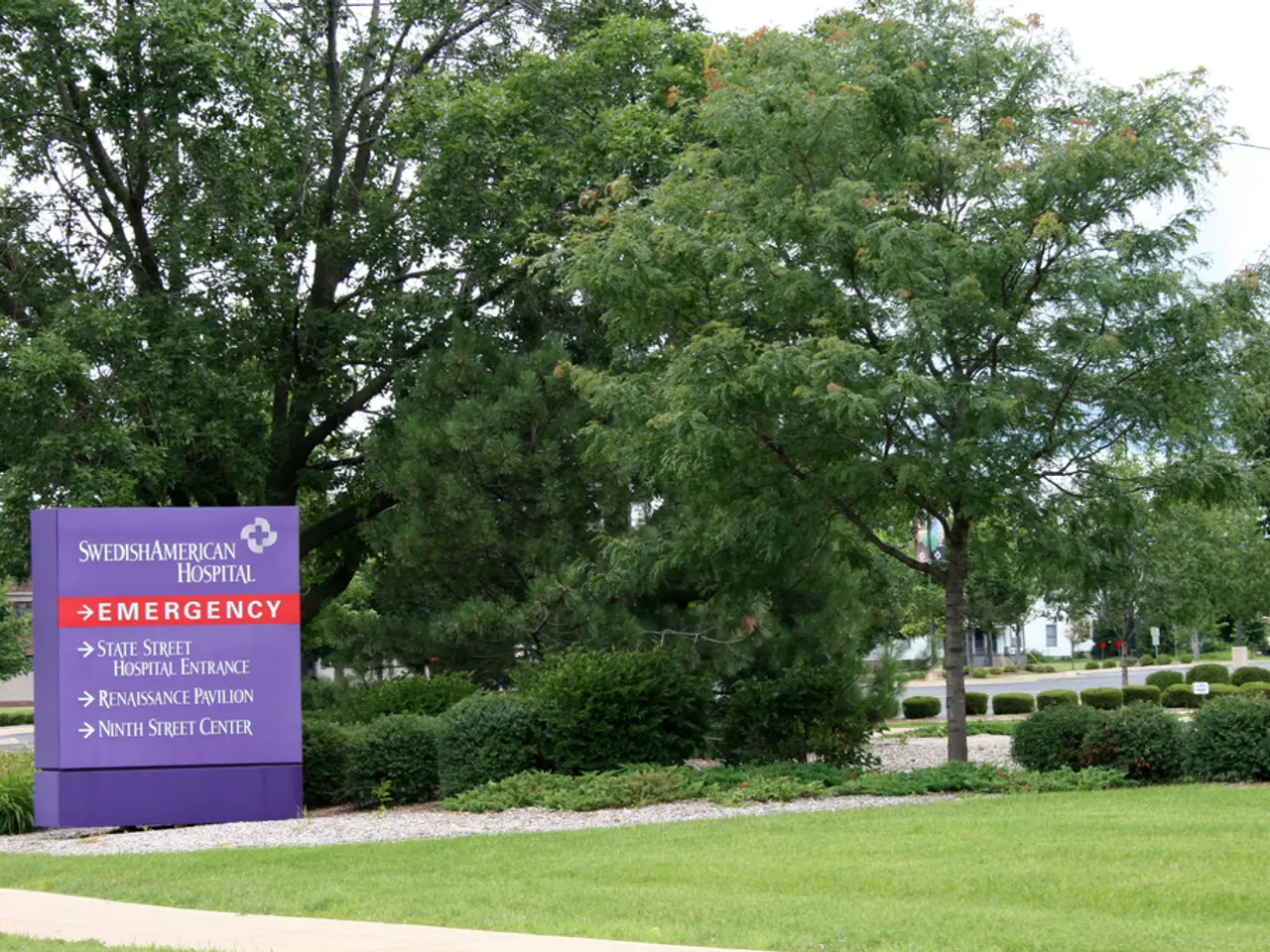Risk-taking hikers in the Harz region disregard their lives casually - "Chasing the thrill"
The Harz region, known for its stunning landscapes and outdoor activities, has seen a series of incidents involving accidents, falls in rough terrain, and hikers putting themselves in danger for the thrill. According to Matthes Kirmann, spokesperson for the Harz mountain rescue service, these incidents are not just limited to injuries, but have unfortunately resulted in a fatality.
The Harz mountain rescue service, the northernmost mountain rescue service in Germany and part of the German Red Cross, is responsible for coordinating rescue operations in the region. Approximately 120 men and women are engaged in the service, with 46 of them being actively involved.
Incidents often involve hikers suffering severe injuries such as ankle fractures, which require evacuation by the rescue teams. These incidents are sometimes linked to unexpected hiking situations, inadequate equipment, or disregard for weather and terrain conditions.
One such incident occurred recently, where a mountain biker without a helmet fell heavily at the Gelber Brink mountain pass and died from his injuries. The incident was particularly risky for the mountain rescuers as it happened at night.
The Harz mountain rescue service is well-equipped to handle such emergencies. They have a dedicated "cave rescue" group specialized in old mining, and they regularly train with the pilot for winch rescues. In fact, three rescue operations in the Harz required the use of a winch for air rescue from rough terrain with the help of a police helicopter.
The service is divided into ten groups, with the main groups located in Thale and Wernigerode, and a supporting group in Halberstadt. In the first half of this year, the Harz mountain rescue service in Saxony-Anhalt was deployed 44 times.
Despite the risks, the Harz remains a popular destination for outdoor enthusiasts. However, it serves as a reminder of the importance of safety while hiking. A supervisor and six children aged 12 and 13 had to be led along a slope out of a gorge at night with ropes, highlighting the potential dangers that can arise even in seemingly safe conditions.
The death of the mountain biker without a helmet is a stark reminder of the consequences of neglecting safety measures. As the Harz mountain rescue service continues to respond to emergencies, they urge hikers to be prepared, equipped, and aware of the conditions before embarking on their adventures.
The Harz mountain rescue service, a part of the German Red Cross and responsible for emergency operations in the region, has been actively deployed due to a series of incidents involving accidents and falls in rough terrain, some of which have resulted in fatalities. Recently, a mountain biker without a helmet died after falling heavily at the Gelber Brink mountain pass, a particularly risky incident for the rescuers as it happened at night.
Incidents in the Harz region often involve hikers suffering severe injuries, such as ankle fractures, and these can be linked to unexpected hiking situations, inadequate equipment, or disregard for weather and terrain conditions. The service, well-equipped to handle such emergencies, advises outdoor enthusiasts to prioritize safety, be prepared, equipped, and aware of conditions before embarking on their adventures.







